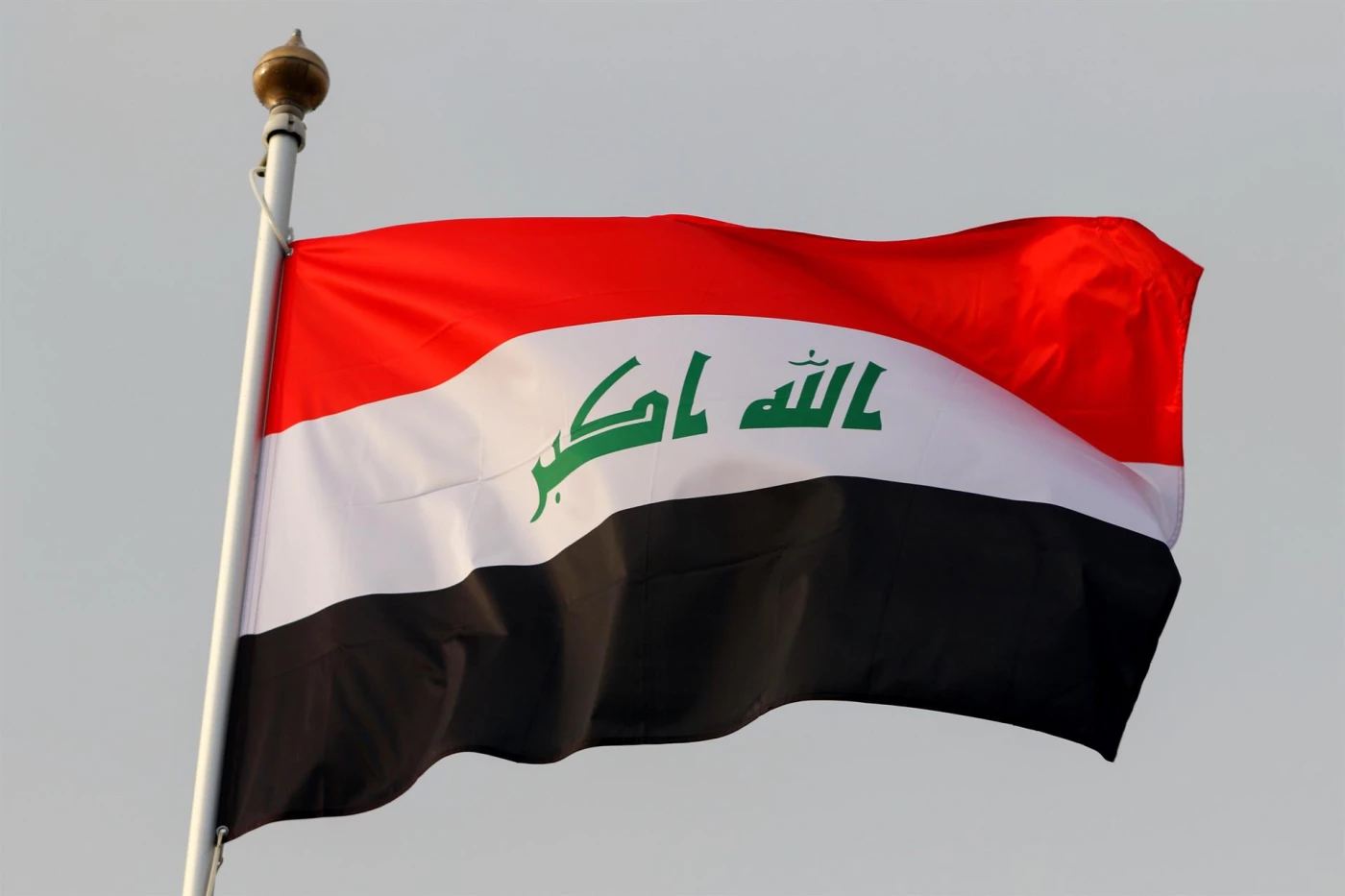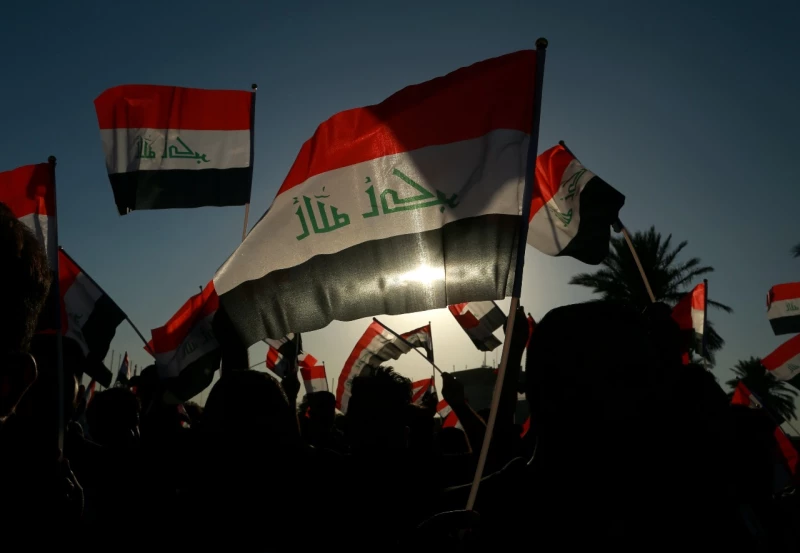The latest clash between Baghdad and Erbil—triggered by the Kurdistan Regional Government’s recent $110 billion gas contracts with U.S. firms and Baghdad’s retaliatory budget freeze—has once again exposed the structural fragility of Iraq’s federal system. At its core lies a century-old question: what political framework can reconcile Kurdish demands for self-rule with Iraqi sovereignty? Confederalism now deserves serious consideration as a workable formula to ensure a sustainable and peaceful future for both Iraq and the Kurdistan Region.
Unlike federalism, which presumes a level of unity under a central authority, confederalism would allow both Baghdad and Erbil to operate as distinct political entities bound by mutual cooperation rather than hierarchical subordination. Such a model would provide the Kurdistan Region with the self-rule it has long sought while preserving Iraq's territorial integrity through a negotiated partnership. Confederalism, in many respects, aligns more closely with the historical trajectory and enduring grievances of the Kurdish people. Their aspiration for self-governance was first acknowledged in the 1920 Treaty of Sèvres—through the prospect of an independent Kurdish state—only to be erased by the Treaty of Lausanne and subsequent post–World War I arrangements that imposed arbitrary state borders without regard for Kurdish identity, rights, or historical claims.
This arrangement would not amount to an exit from Iraq but rather a recalibration of the relationship—perhaps even a symbolic rebranding, such as "Iraq-Kurdistan," echoing in some ways the Czechoslovak model in the 20th century. A confederal Iraq would allow both sides to focus on their internal governance priorities and economic development while cooperating on defense, foreign affairs, and shared strategic issues.
Confederalism could also offer a clear and constructive framework for managing disputed territories. Instead of endless constitutional ambiguity and political deadlock, a joint governance model could be established in areas like Kirkuk, allowing provincial authorities, the KRG, and Baghdad to jointly administer services, integrate economic systems, and build inclusive security arrangements that reflect the region's ethno-religious diversity.
This is not a radical proposal. In fact, there is growing recognition within Iraq's political class that a different model is needed. Former Prime Minister Mustafa al-Kadhimi, a Shiite Arab, in a June 1 interview with Al-Sumaria TV, proposed a confederal model similar to the United Kingdom's system of devolved administrations in Scotland and Northern Ireland, wherein the KRG would enjoy full economic autonomy while collaborating with Baghdad on defense and foreign policy. “Why not move from our relationship with the [Kurdistan] Region from federalism to confederalism or a greater space for federalism, so Kurds are assured that their rights are safeguarded?” Kadhimi said.
Former Iraqi President Barham Salih, a Kurd, also made a similar case in an April 2023 op-ed for Al-Sharq al-Awsat, arguing that Iraq has consistently failed to incorporate Kurdistan into a clear national framework that respects its distinctiveness. Salih called for adopting "new and broader frameworks, such as embracing confederalism," to resolve long-standing issues and establish structured economic and security arrangements.
These proposals underscore the futility of forcing unity through centralized mandates or coercion. What is needed is a new political contract grounded in mutual respect, voluntary cooperation, and clearly defined spheres of authority. As the regional state system—shaped by the consensus of regional and global powers—prevents the emergence of an independent Kurdish state, confederalism offers an optimal middle-ground solution. It preserves Iraq’s territorial integrity while providing a tailored framework to resolve the country’s deep-rooted structural and political antagonisms. And it relieves Iraq’s political class of the constant distraction and bickering with their Kurdish counterparts, while for the country’s Arab population, it removes a source of exploitation by populist politicians in Baghdad.
The 2017 independence referendum in the Kurdistan Region was first and foremost a signal of Kurds’ deep desire for a reconfigured relationship with Baghdad due to the dysfunctions of the post-2003 system. Had Baghdad responded with creativity and openness, the result might have been a long-term, stable arrangement. Instead, the federal government has relied on constitutionally dubious and morally indefensible tactics such as economic strangulation and collective punishment. This strategy only affirms the need for a creative solution—one that grants de jure recognition to the forms of de facto autonomy the Kurdistan Region has exercised for decades.
The economic rationale for confederalism is equally compelling. The KRG's energy sector, though entangled in legal disputes, has proven its ability to attract investment and contribute meaningfully to Iraq's energy security. With Iran's gas exports to Iraq becoming increasingly unreliable, Baghdad would benefit from treating the Kurdistan Region as a strategic energy partner rather than a competitor. In a confederal framework, energy deals signed by Kurdistan would not be seen as threats to Iraq's sovereignty but as strategic contributions to the country’s dire need for energy sufficiency.
Critics may argue that confederalism would require amending the constitution and could encourage Sunni provinces to seek similar arrangements. But this is not a drawback; it is a democratic feature. Iraq's ethno-sectarian complexity is better served through decentralized, cooperative governance. Confederalism, if carefully structured, could serve as a model for equitable power-sharing and regional autonomy across Iraq. It could also help defuse centrifugal pressures by providing peaceful, constitutional pathways for regions to pursue self-governance within the bounds of the state.
Political science literature supports this view. In societies with weak or contested national identity, excessive centralization often leads to instability. Alfred Stepan, a prominent American political scientist, argued that "holding together" federations succeed not through imposed authority but through broad regional autonomy and recognition of historical grievances. In Iraq, the legacy of authoritarian central rule, especially under Saddam Hussein, has deeply shaped Kurdish political memory. Confederalism would acknowledge that legacy while offering a framework for progress.
Transitioning to confederalism would not be without challenges. It would demand courageous leadership, precise legal reforms, and support from Iraq’s regional and international partners. However, the cost of maintaining the current arrangement is far greater: endless political standoffs, economic dysfunction, weakened state legitimacy, and national vulnerabilities—as evidenced by how the Islamic State exploited Iraq’s internal divisions. The current energy and budget disputes are not isolated incidents; they are symptoms of a constitutional and institutional framework that no longer fits Iraq’s reality.
The alternative to confederalism is not a stronger, more united Iraq but a fractured and conflict-prone one. If Baghdad continues to weaponize budgets and treat Kurdish autonomy as subversion, political tensions will only intensify. The shifting regional landscape since October 2023 further increases Iraq’s vulnerability, as Iraq faces rising instability at home and abroad. A confederal arrangement, based on respect and partnership, could reposition Iraq as a cooperative union of distinct yet interconnected regions capable of responding to both local and national challenges.
There are deep cultural ties, mutual economic interests, and shared security threats that should bring Iraq’s diverse regions closer together—but that unity must be cultivated through collaboration, not coercion. A confederal model would allow these bonds to flourish in a structure grounded in dignity and common purpose. As such, Kurdistan’s aspiration for greater autonomy is not a rejection of Iraq but a demand for a better kind of partnership.
The views expressed in this article are those of the writer and do not necessarily represent the position of The New Region


 Facebook
Facebook
 LinkedIn
LinkedIn
 Telegram
Telegram
 X
X



